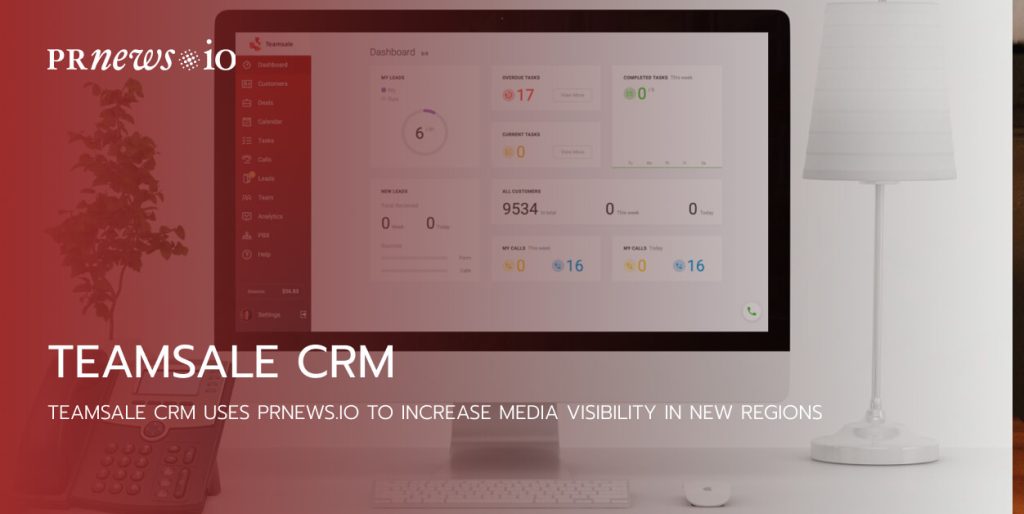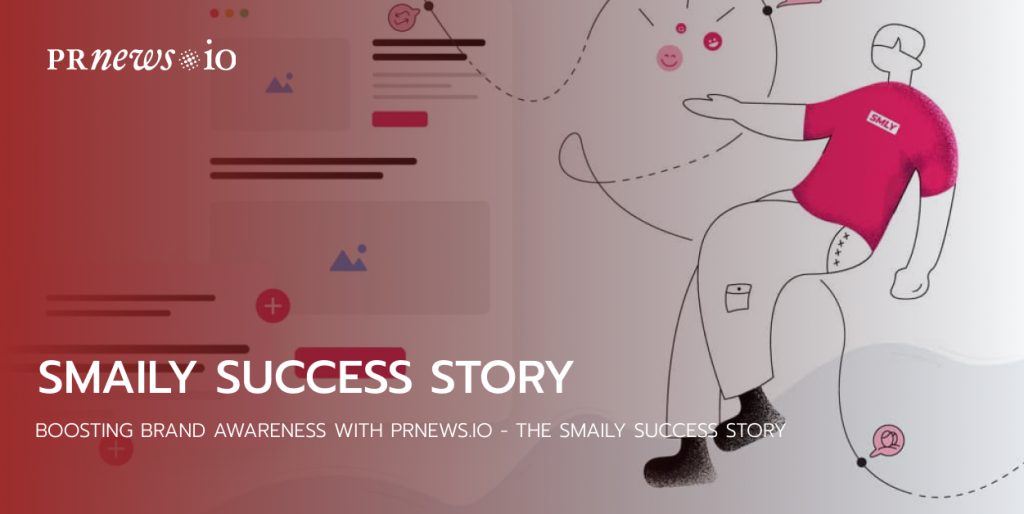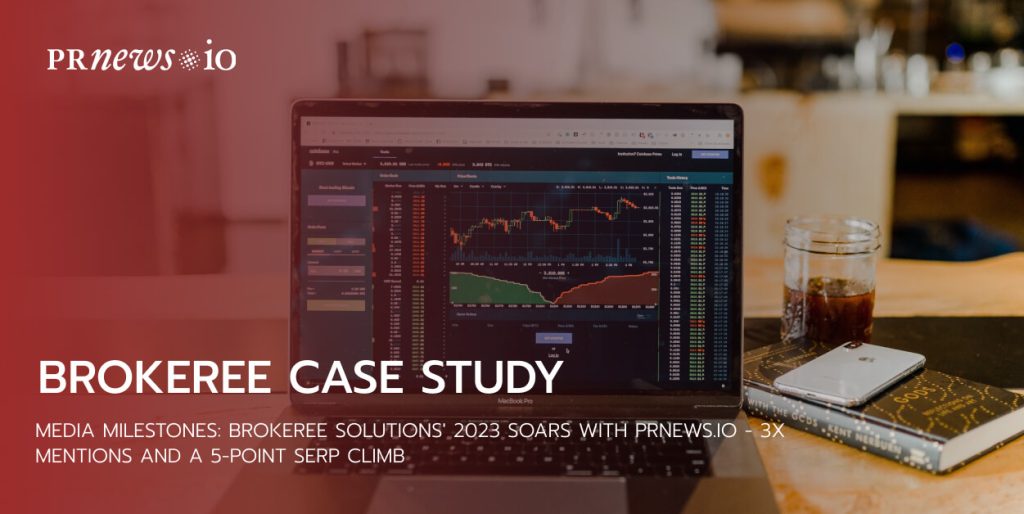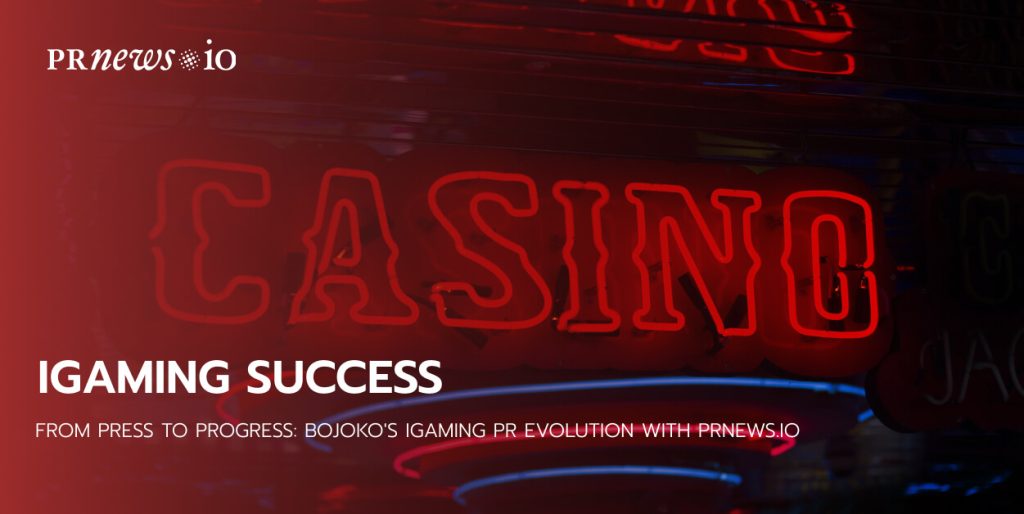The online reputation of companies and individuals is always in danger in the era of social networks, viral news, and live video streaming. Once something goes viral on social media, it becomes complicated to stop it from being influential. Social media has the ability to convert good things into something better and bad things into something worse. It has the power to exaggerate information and share them all over the world in a short time. And if your company is affected its consequences because of ‘something went wrong’ – your image will be greatly damaged. That’s why it’s critical to have a comprehensive and well-crafted social media reputation management plan that not only helps avoid or reduce any reputation issues but also pursues proactive actions for building a strong social media reputation.
So here’s an easy online brand reputation management social media guide to assist you in handling your social media reputation management.
What Is Social Media Reputation Management?
Connecting reputation management and social media is the process of monitoring and handling user-generated social media content such as reviews to impact the way a company or individual is recognized. It includes many aspects that contain online reputation management, reputation recovery, review response and activities, directed to enhance the positive opinion on the criticized topic or product.
Some brands have an inner team to manage social media reputation, while some use social media reputation management software as an alternative.
There is also an option to collaborate with agencies or special platforms that provide social media reputation management services. Such companies specialize in online reputation management, review response, and reputation recovery. One of the effective reputation management and social media companies is PRNEWS.IO. This professional service will provide you with the best results because of its excellent knowledge and great experience of online reputation recovery services.
The aim of PRNEWS.IO is to make online reputation management and social media easy to manage. Here you can count on the help in improving the company’s image on social media. Remember, the number of followers is growing significantly after receiving a blue badge on Instagram or Twitter. A blue badge provides you with more credibility to your account and by default increases interest in your personality. Check out more how Instagram verification and a Twitter blue tick will help you in boosting your personal brand.
You may also request the next service for brand reputation management social media:
- crowding out negative news with positive;
- boosting an Instagram account or Twitter profile:
- assisting in getting verification on Twitter and Instagram.
Content Marketing Platform
- 100,000+ media publications;
- get backlinks to your product;
- scale work with content distribution.
Develop and Manage Branded Social Media Profiles
Choosing several relevant social media networks to target and setting up well-branded profiles is one of the most important stages in social media reputation management.
Social platforms differ from each other and appeal to different audiences, it typically requires time, but that is effective to distribute particular content on every major social network, where the audience engagement levels are likely to be higher. This allows the social reputation team to create and focus on more engaging posts.
Here’s is a list of the activities involved in social media reputation management:
Communication and Profile Management
Since corporate social media profiles are often the face of a company, a social engagement guide is crucial. Here are just a few of the points it contains:
- The target audience.
- Audience portrait (who they are, what they like).
- Tone and voice.
- Rules of engagement.
- “do-not” list.
- Social media crisis management.
- How to respond to issues.
Find Out Your Company’s Current Social Media Reputation
You can’t help with those things that you don’t know. Use social media listening tools to monitor the mentions of your brand and find out what people are saying across social media platforms.
There are many kinds of social media reputation management tools that you can use to check users’ opinions about your company and estimate its social reputation. You can monitor your company name, industry keywords, famous personalities that showcase your brand, and even your competitor’s brand name.
Only when you have collected data can you understand your company’s reputation. From here, you can start building a review response process to respond to valid reviews and handle a process to remove negative feedback.
Pay Close Attention to Google and Facebook
Clients’ reviews data shows that 76% of all reviews are shared between two major platforms: Google and Facebook. Clients are using these two channels considerably to share their experiences. As you build a social media reputation management strategy, take note of these two channels and have special steps to track, engage, and collect information from them to get a better understanding of your online reputation.
Build Relationships
Social networks are created for engagement. Faceless companies and individuals, using corporate terms, are defeated to engage users and build relationships. The voice and tone of social media posts should be personal, conversational, and engaging.
Create a Review Response Process
Your response to customer comments should be polite, precise, and prompt. Setting special documents on how to respond to negative and positive comments guarantees correct and consistent execution, no matter who manages your social media accounts.
Focus on writing clear instructions that describe how to respond to negative comments. Educate your social media staff so they know what to do in all possible cases. Having a professional team responsible for your social media brand reputation can be a crucial element in social media online reputation recovery.
If you need help to displace negative reviews, consider collaborating with a social media reputation management platform like PRNEWS.IO to ensure the best results.
If you permanently receive positive reviews on review websites, don’t hesitate to boast them. Share the best reviews on your social accounts, or even on your corporate blog.
The impact of user-generated content is more influential and effective than aggressive sales messages or promotional brand content. Posting positive reviews on social media stifle negative noise, and it can be the social evidence needed for people to convert or buy a product from your brand.
Leverage Positive Reviews
An effective social reputation management plan deal with the negative feedback but also sufficiently showcases the positive responses you’ve received from happy customers. While you might have to deal with a few frustrated clients, you are also likely to be delighted by many satisfied clients. Advantages of glowing reviews and sharing them on your social media profiles, website, and blogs. Carry out effective search engine optimization (SEO) tactics to make this feedback rank higher in search results and displace negative reviews.
Sharing positive customer feedback on social media pages is an effective way of building brand reputation and increasing the value of a company. Social media experts apply a variety of ways to increase positive reviews through social media interactions. Receiving positive reviews helps build trust with clients, encourages more clients to share their feedback, and minimizes the impact of negative reviews.
Solve Problems Quickly
Don’t ignore obvious disadvantages with your product or service. If you see a significant amount of feedback about the same problem, analyze it and find a solution. Contact those customers who reported the problem and let them know what you’ve done to solve it. Sometimes, converting a negative review into a positive one can be solved with a quick fix that client is grateful for.
Post to Drive Engagement
The best way to build a positive image on social media is by publishing and sharing valuable content that followers can benefit from, usually by increasing their social capital.
However, the performance of each content type differs on different social platforms. That’s why you should create a different content plan for every platform.
Schedule for Maximum impact
Social media posts need to be planned and scheduled for the top engagement time so that they receive maximum audience reach. Social media managers first define the top engagement hours and then schedule posts accordingly to them.
According to Sprout Social, the best times to publish on various social platforms are:
- Facebook best times: Wednesday, 11 a.m. and 1–2 p.m.
- Instagram best times: Wednesday at 11 a.m. and Friday from 10 a.m.–11 a.m.
- Twitter best hours: Wednesday and Friday at 9 a.m.
- LinkedIn best times: Wednesday from 8–10 a.m. and noon, Thursday at 9 a.m. and 1–2 p.m., and Friday at 9 a.m.
Remember that these hours don’t always successfully work for every company and type of business or audience demographic.
Social Media Monitoring
It’s crucial that the social media experts carefully and permanently monitor the conversations and mentions taking place on different social platforms.
At all times, there are millions of people communicating with each other across these social websites. But identifying and emphasizing related conversations requires smart software. A simple hashtag search on Twitter can tell you if people are talking about a certain topic and what they are thinking of it.
Respond to Negative Reviews
Reacting to negative comments by unhappy clients and striking back competitor propaganda are two important elements of social media reputation management.
The business has to be proactive by developing and implementing a well-crafted strategy for dealing with negative reviews in advance, not after, they appear. The best way to do that is by creating a standard operating plan for each type of negative review and defining multiple plans of action.
Act Based on Comments, Criticism, and Analytics
Finally, use the power of actually listening to what experience of your clients. Perhaps they’re unhappy about recent service changes, or long delivery or high prices.
Take into consideration such comments and make changes to your business accordingly.
Ask For Support
If your company lacks the experts or resources to manage your social media reputation, collaborate with a social media reputation management company like PRNEWS.IO.
PRNEWS.IO is one of the best methods of handling reputation management. If you need a reliable reputation management service, you have a credible partner. Our aim is to make online reputation management easy for all types and sizes of businesses. Here you can easily choose where to be published and what content you want people to see about you, which keeps you in control and include positive content promoting and displacing of all negative content together. You may use the next services to improve the social media online reputation:
- media publications about you;
- crowding out negative news with positive;
- boosting an Instagram account or Twitter profile;
- assisting in the verification process on Instagram and Twitter.
Basic Principles of Excellent Social Media Reputation Management
Remember the Don’ts …
- Debate with the customer.
- Buy or offer “rewards” in exchange for positive reviews.
- Ignore negative reviews.
- Response with the general scripted responses.
- Remove negative comments or reviews.
- Violate the review guidelines of social media websites.
Conclusion
Realizing an on-point social media reputation management strategy is one of the best problem-solving ideas you can implement to grow your business. While it can be time-consuming, there is great growth potential when done the right way.
Whether you collaborate with an external company or do it within your organization, you can gain valuable insights into your customer’s experiences of your company and have a better understanding of what they expect from your company. It’s never easy to read negative reviews about your product or service, but it’s the only way you will find out how your business should improve and serve your clients better.
FAQ: Social Media Reputation Management
Traditionally, social media reputation management was rigorously the process of publishing strategic content, monitoring social media channels (Facebook, Twitter, LinkedIn, Instagram, etc.), and engaging with followers on those channels who talk about your company or service. The current social media reputation management strategy still includes those tactics, but there are even more digital tasks to integrate: business review sites, local directories, and business discovery apps are all online sources where clients share their opinion about a business. However, the aim of the reputation management team didn’t change: create a positive image of your product or business.
Brands across every field can take advantage of social media reputation management, especially in these times when clients heavily depend on the web for important pieces of information. They make purchase decisions based on a company’s online image – more so than from the advertising banners, direct sales messages, or other promotional content. While your brand’s online reputation includes your website and marketing communications, exterior online representatives — such as social media — can have a major impact on image and client acquisition efforts. Positive reviews from customers via direct messages, posts or comments, can be encouraging and convincing for them.
Social media investigations typically look at an individual or brand’s social media posts, status updates, photos, and the company’s dialogues with clients. Social media investigations could be used in court cases, as part of internal research or a part of a risk assessment. While many investigators can hold a social media investigation, investigators that specialize in this area use high-powered tools that helps make research more productive. A skilled social media investigator will also have a greater understanding of the ethics taking part in holding such investigations as well as the right to get or provide evidence in a way that is appropriate for court. Social media investigations are not conducted unwisely. They are acting with purpose and only when they have a clear social media policy.





